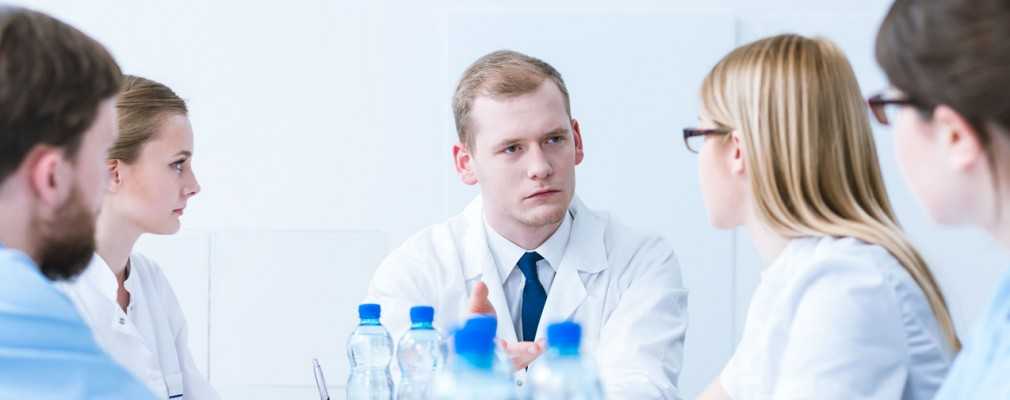
Exposure for Medicine
The course ‘Becoming a Doctor’ is a course that continues throughout the pre-clinical years and it’s aim is is to introduce Medicine as a profession- humane values, ethical aspects, gaining expertise and a professional approach to treating patients and their families. The course will be taught in groups of 10-12 students each, and under the supervision of a guide the students are introduced to the complexities and diversity of the Medical System.
The course is taught over a year. Each semester, seven meetings take place altogether- once every two weeks. Instruction takes place on Tuesdays, from 8:30 until 12:00.
Attendance is compulsory and a grade will be given at the end (1 Credit). It is also required to submit a reflective journal after each meeting.
More information about Exposure to Medicine course
This takes place every Tuesday that the course ‘Exposure to Medicine’ does not. At the beginning of the year the students will be given a list of which weeks the course takes place, as well as details of the meeting on each specific date. It takes place from 8:30 until 12:30 (flexible).
As part of the goal of the Technion Faculty of Medicine to expose to the students to the clinical environment in the early years of the degree, it was decided in the past academic year (2018) that every Medical student will experience, once every two weeks, work in a clinical setting (hospital/medical clinic). Throughout this process, every student will accompany a doctor/coach.
The aim of this experience is to expose the students to the different aspects of the medical profession, such as understanding acute and chronically ill patients, the multidisciplinary group-work required to take care of patients, connecting on a deeper level with patients and their families, and the importance of interpersonal communication between the doctor and the patient, his family and the multidisciplinary staff about how to improve the treatment and health of the patient. During the meetings, every student will accompany doctors and nurses whilst other staff members observe their work as they carry out certain tasks, such as interviewing the patient and their family, assistance in taking physical measurements, accompanying the patient during checkups, home visits and more. Part of the meetings will take place as a workshop for a group of students. These meetings will take place in the faculty, under the auspices of the Department of Medical Instruction and Education. On these days, the students will not visit the hospitals/clinics, but the faculty instead. Please note that following the first meeting, a group meeting will take place in the faculty in order for the students to receive the basic tools required for communication between a doctor and patient. It is assumed that after the first experience, and two meetings under the framework of the course ‘Becoming a Doctor- Exposure’, the necessity and motivation to receive these initial communication tools will be created.
Attendance is compulsory, without a grade.
This takes place every Tuesday on which ‘Exposure to Medicine’ does not, between 8:30-12:30.
At the beginning of the year, the students will receive a list of all the dates on which the course will take place. This year, the focus will be on communal medicine, the connection between a healthy lifestyle and prevention, and treating and reducing the number of chronically ill patients. Throughout the year, students will develop an awareness of their personal health and immunity and will put together a personal program for a healthy lifestyle. Parallel to this, students will gain communication and training expertise which will enable them to assist patients who suffer from chronic illnesses in changing their lifestyle. Approximately half of the meetings will take place in the faculty, and will provide knowledge and expertise related to a healthy lifestyle. In the rest of the meetings, students will be assigned to various clinics, and using their knowledge they will accompany doctors, nurses and patients in order to understand the connection between a healthy lifestyle and health and sickness, and will try to assist patients in adapting to a healthier lifestyle.
Attendance is compulsory, without a grade.
taking your white lab coat and a tag with your student card.